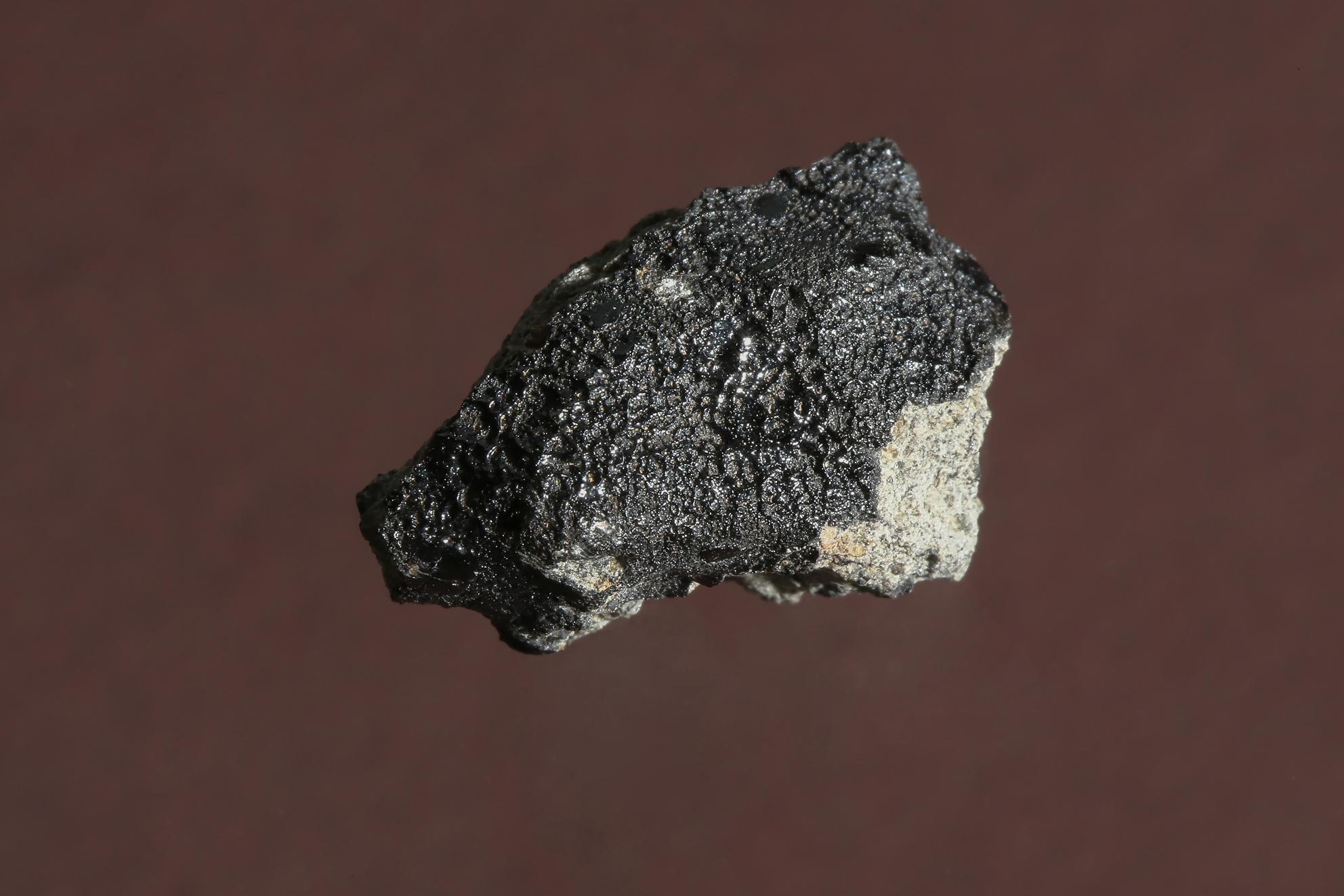We reach more than 65,000 registered users in Dec!! Register Now

Mars rock shows traces of biological activity
- December 05, 2014
- 1014 Views
- 0 Likes
- 0 Comment
Did Mars ever have life? Might it still? A meteorite identified as coming from Mars has reignited the old debate. A study published this month argues that the rock contains traces of carbon with a likely biological origin, like coal, which comes from remains of long-ago plants. "So far, there is ...
p>
Did Mars ever have life? Might it still? A meteorite identified as coming from Mars has reignited the old debate. A study published this month argues that the rock contains traces of carbon with a likely biological origin, like coal, which comes from remains of long-ago plants.
“So far, there is no other theory that we find more compelling,” said study co-author Philippe Gillet, stressing that he's open to being proven wrong.
Gillet and colleagues from China, Japan and Germany argue that the carbon could have gotten into the rock through contact with fluid rich in organic material. The study appears in the journal Meteoritic and Planetary Sciences
Thrown off Mars after an asteroid hit its surface, the meteorite, named Tissint, fell on the Moroccan desert on July 18, 2011, in view of several witnesses, the scientists said. Studies found the rock had small fissures filled with organic, carbon-containing matter.
The researchers carried out several analyses to conclude that the rock didn't originate on Earth and that the carbon got into it before it left Mars. They took issue with a previous proposal that the carbon traces originated through the high-temperature crystallization of magma, or molten rock. Gillet and colleagues argue that more probably, liquids containing organic compounds of biological origin infiltrated Tissint's “mother” rock at low temperatures, near the Martian surface.
These conclusions are supported by several properties of the meteorite's carbon, such as its levels of so-called carbon-13 compared to carbon-12, they explained. This was found to be significantly lower than the ratio of carbon-13 in the carbon dioxide of Mars's atmosphere, previously measured by the Phoenix and Curiosity rovers. Moreover, this difference corresponds perfectly with what is seen on Earth between a piece of coal and the carbon in the atmosphere, the scientists argue.
The researchers say the organic matter could also have reached Mars when very primitive meteorites, called carbonated chondrites, fell there, but probably not, because such meteorites contain very low levels of organic matter.
“Insisting on certainty is unwise, particularly on such a sensitive topic,” said Gillet, who directs the Earth and Planetary Sciences Laboratory at the École Polytechnique FĂ©dĂ©rale de Lausanne, a Swiss institute of technology. “I'm completely open to the possibility that other studies might contradict our findings. However, our conclusions are such that they will rekindle the debate as to the possible existence of biological activity on Mars – at least in the past.”









